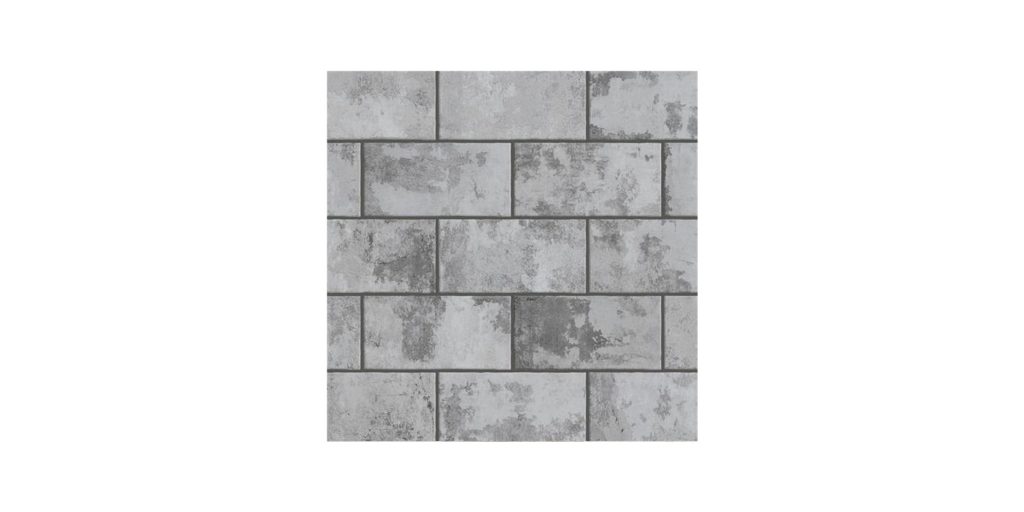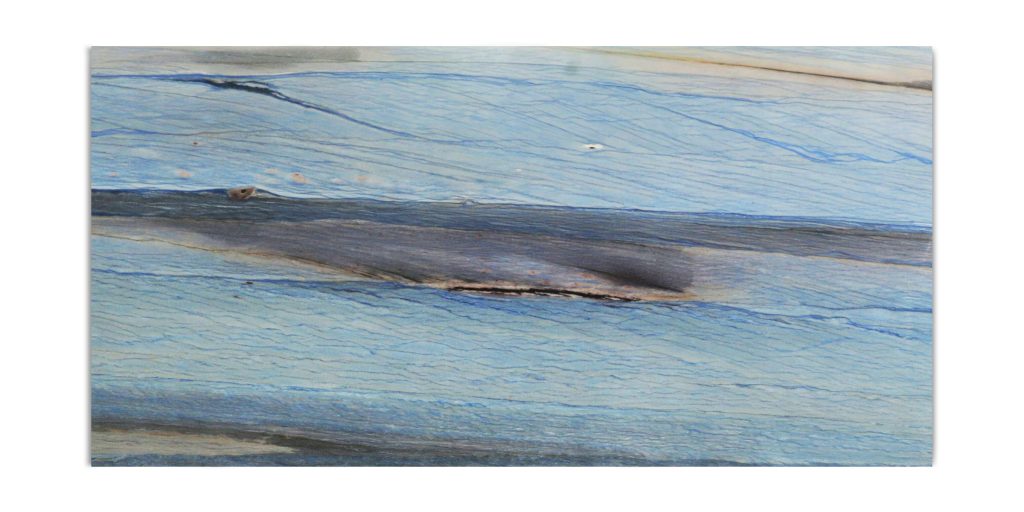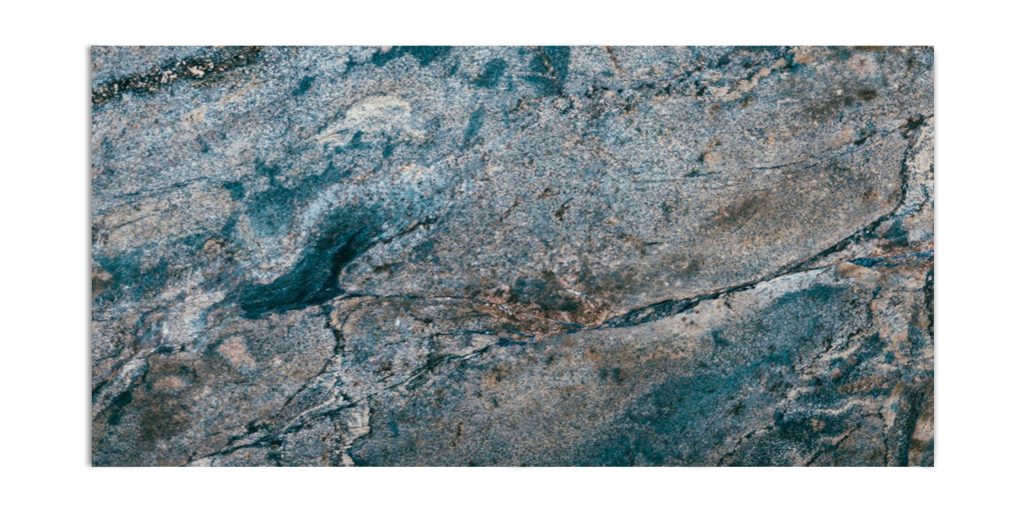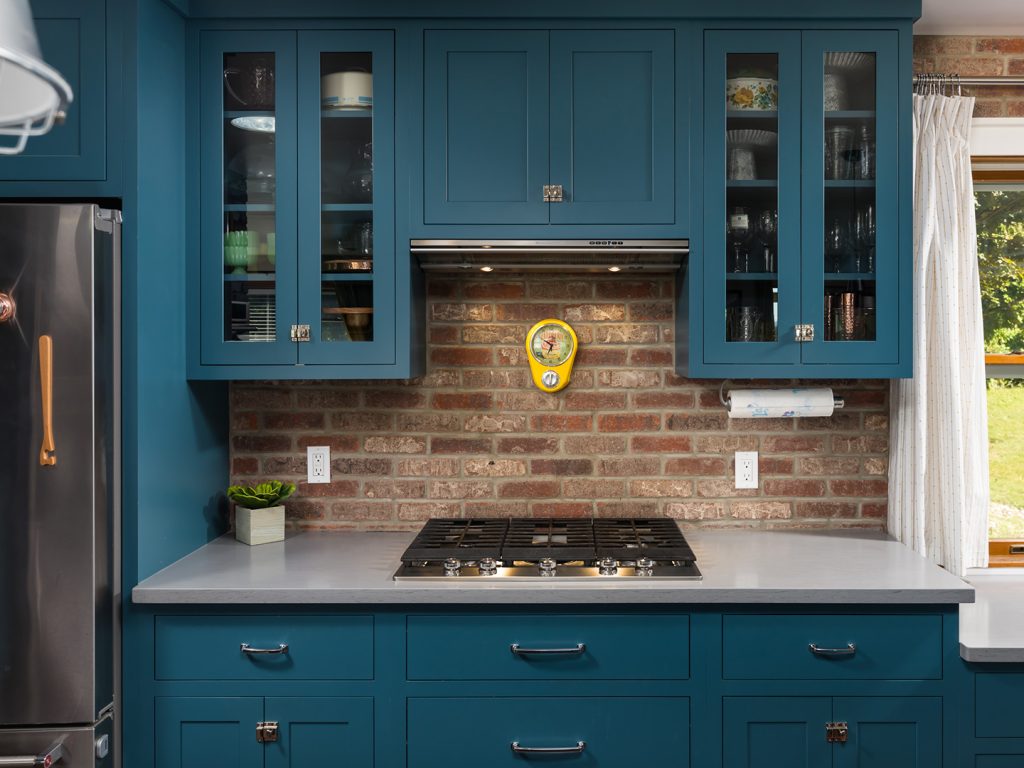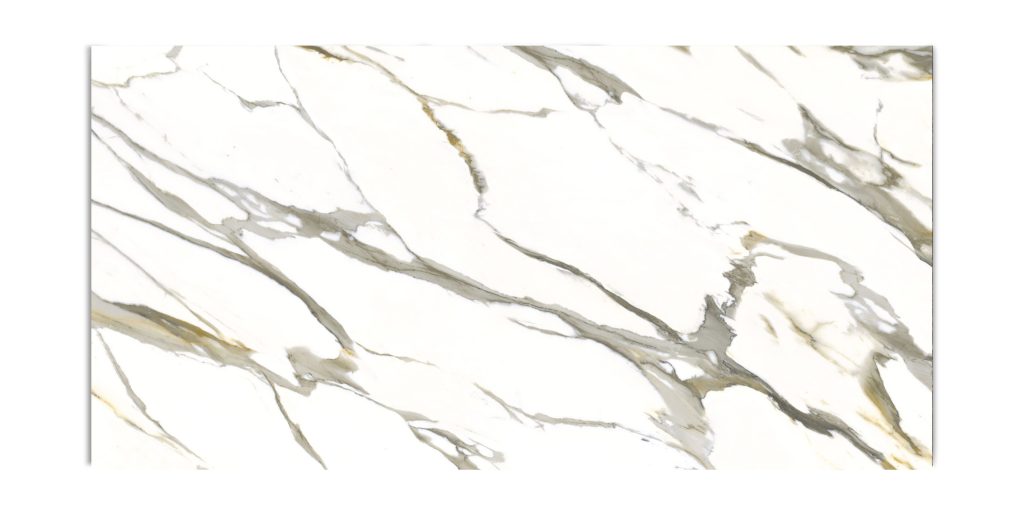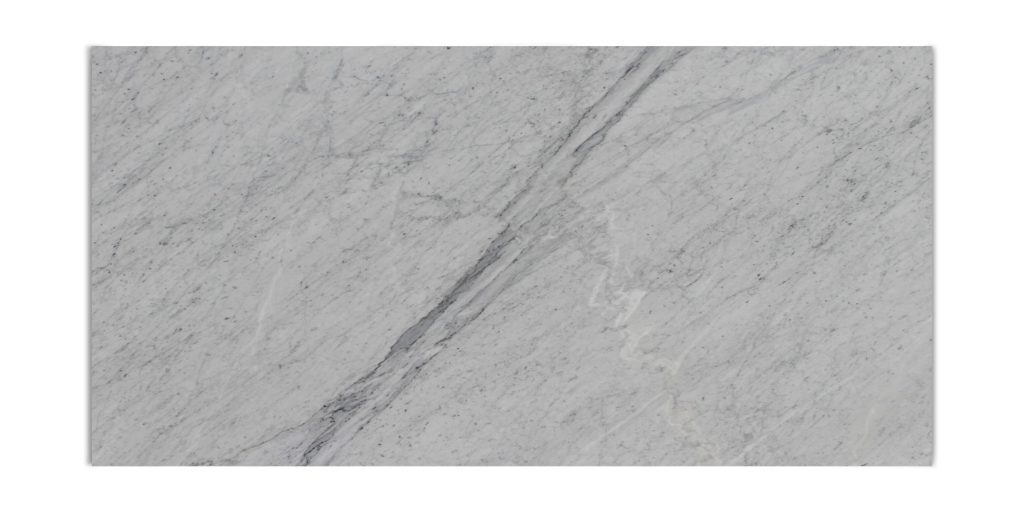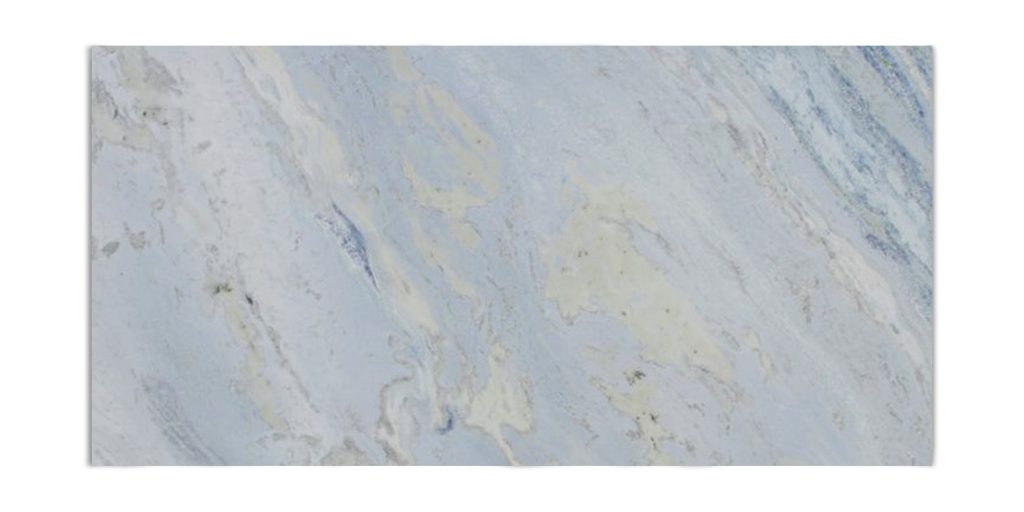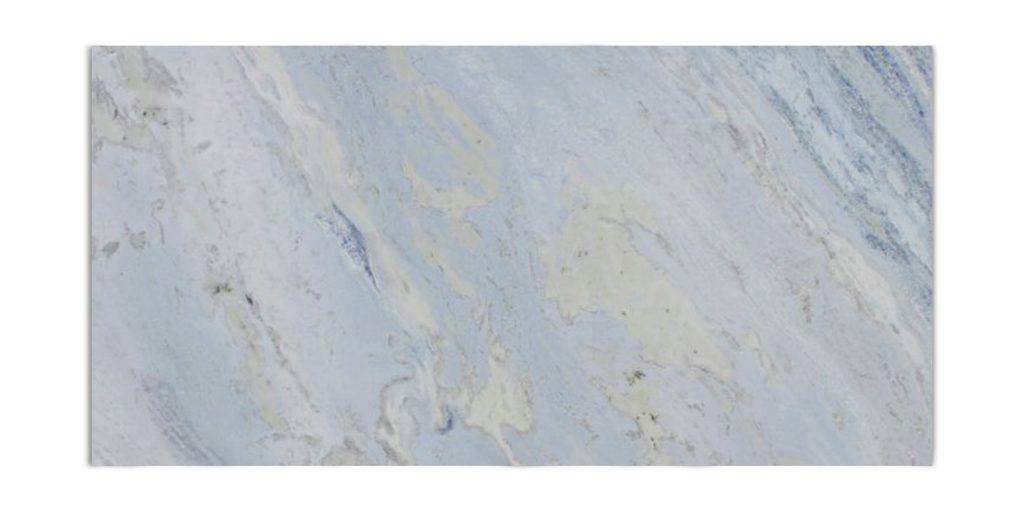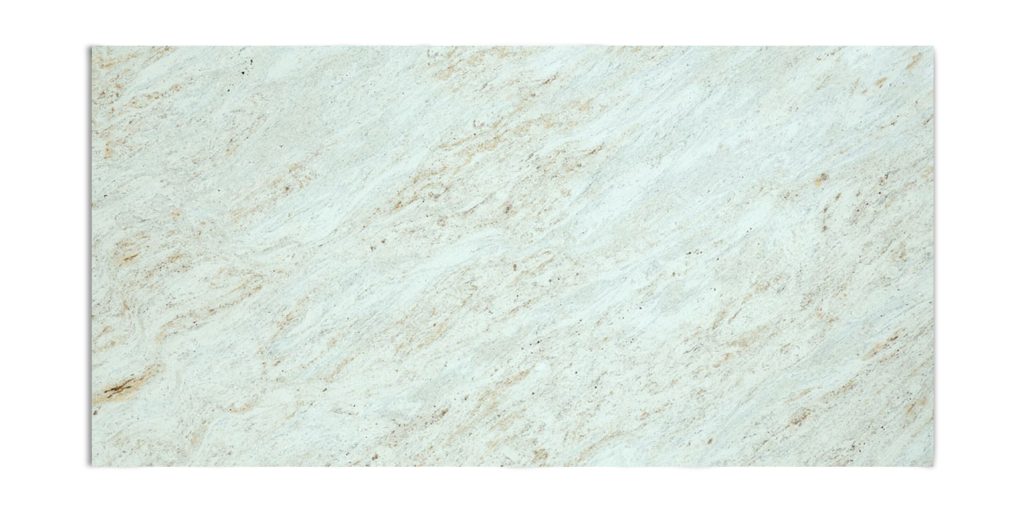What are the six main types of tiles?
What are the six main types of tiles? When it comes to home improvement and interior design, tiles are an essential element for both aesthetics and functionality. With so many different types available, choosing the right tile can be overwhelming. To make things easier, here’s a breakdown of the six main types of tiles and their best uses.
1. Ceramic Tiles
Ceramic tiles are one of the most popular choices for homeowners due to their affordability, versatility, and ease of maintenance. They are made from clay and fired at high temperatures, making them durable and available in a wide variety of colors, patterns, and finishes. These tiles are best suited for walls, backsplashes, and low-traffic floors.
2. Porcelain Tiles
Porcelain tiles are a type of ceramic tile, but they are denser, more durable, and more water-resistant due to their higher firing temperatures. This makes them ideal for high-traffic areas, outdoor spaces, and wet areas like bathrooms and kitchens. Porcelain tiles come in various finishes, including polished, matte, and textured options.
3. Glass Tiles
Glass tiles provide a sleek and modern aesthetic, making them a great choice for backsplashes, accent walls, and decorative designs. They are non-porous, stain-resistant, and reflect light beautifully, adding brightness to a space. However, they can be more fragile than other types of tiles, so they are less suitable for high-traffic flooring.
4. Marble Tiles
Marble tiles exude luxury and elegance, featuring natural veining and unique patterns. They are often used in bathrooms, entryways, and countertops to create a high-end look. However, marble is porous and requires regular sealing to prevent stains and damage from moisture. It is also softer than porcelain or ceramic, making it more prone to scratches and wear.
5. Granite Tiles
Granite is one of the hardest natural stones, making it an excellent choice for flooring, countertops, and outdoor spaces. It is highly resistant to scratches, heat, and moisture. Its natural grain patterns add a sophisticated and timeless appeal to any space. Like marble, granite requires sealing to maintain its quality and prevent staining.
6. Mosaic Tiles
Mosaic tiles are small pieces of glass, ceramic, stone, or other materials arranged in intricate designs. They are commonly used for backsplashes, shower floors, and decorative accents. Mosaic tiles offer endless design possibilities and can create visually stunning effects, but they require more grout maintenance compared to larger tiles.
Choosing the Right Tile for Your Space
What are the six main types of tiles? When selecting a tile, consider factors like durability, water resistance, maintenance, and aesthetic appeal. Whether you’re looking for a budget-friendly option like ceramic, a durable choice like porcelain, or a luxurious feel with marble, there’s a perfect tile for every space and style. By understanding the characteristics of each type, you can make an informed decision that enhances the beauty and functionality of your home.

